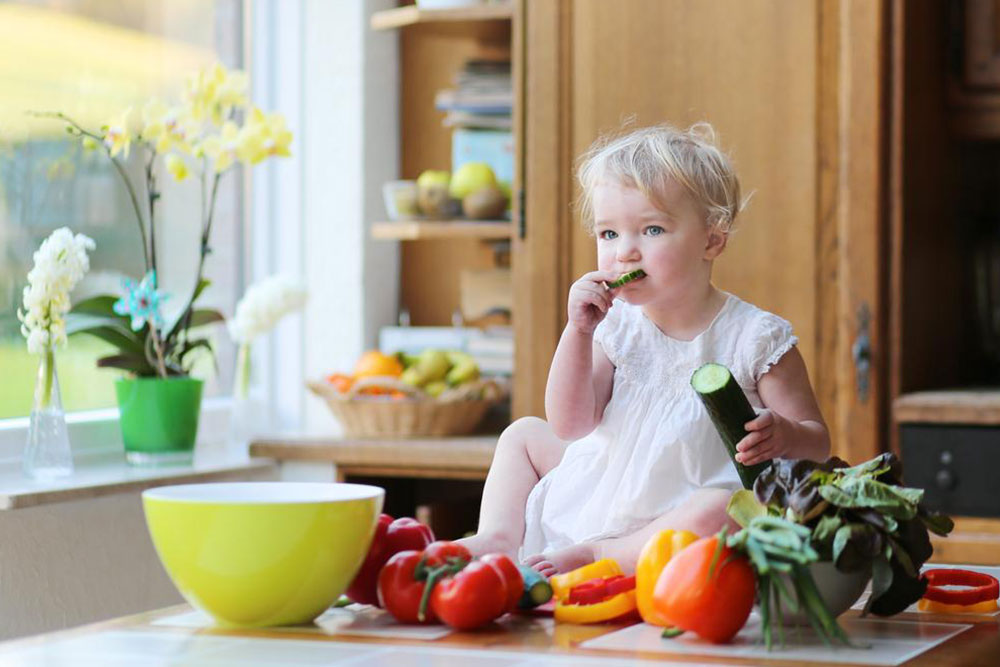What to feed your baby and when
The new born baby and the growing toddler may be very different when it comes to their personalities and range of development. But there is another area where they are markedly different from each too – nutrition. The nutritional and dietary needs to the baby and toddler are quite different, and it is imperative to know what one should feed and at which stage.
Here is a guide for all those parents who want to give their children a perfectly wholesome meal and diet at various stages of their life.

Infant
This is the time when the infant basically requires the mother’s milk as well as her undivided attention during the precious breast feeding time when he or she gets to make contact with the mother again. This is the time when the baby is making adjustments with the world around him or her, and it is imperative to make it a happy and soothing time. If you are not able to produce enough milk for a good feed, or if you are a working mother who cannot pump too often, then you can use Similar Printable Coupons to get formula milk for your baby. This is usually fortified with the best ingredients in terms of vitamins and minerals and is the closest replica of a mother’s milk.
Introducing Solids
From the time the infant is at least 6 months old and done with all the basic vaccinations, the parents should try and start introducing solid food to the child. You can boil and puree mashed vegetables or even procure some ready to eat options from the baby marts. Even pureed fruit can be given to the child along with the paste version of cereal. You must check for chunks in case you are creating the meal at home, so that there is no risk of choking. Also, you will need to ensure that you offer the same food at least for a few weeks even if the child is rejecting it. This will help the baby in developing a taste for various types of food.
Finger Foods
Once the child sits up and starts to sprout teeth, it is important to start introducing finger foods like vegetable sticks that have been boiled so that they are soft. At this stage, the baby’s gums will also be itching, so one must ensure that the food is soft and succulent.
Grown Up Meals
Toddlers who are able to sit upright in a high chair and handle sandwiches as well as cutlery should be allowed to explore adult meals with minimum seasoning so that they begin to eat normal food as soon as possible. Watch out for various kinds of allergic reactions and loose motions so that you can talk to the doctor about the same.
– Hygiene: Starting from the bottles to the bowls and sipping cups of toddler, one must steam and clean the various utensils that the child will be using. This will also help in avoiding infections that they are prone to, in any case.

